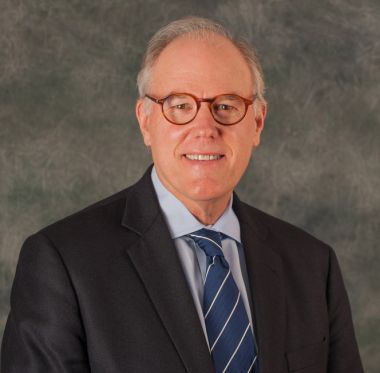Introduction
A provocative question was raised this week at the Skoll World Forum in Oxford: Why aren’t more Americans alarmed by the tremendous drop in the numbers of reporters covering the news?
America’s total newsroom workforce dropped 17,000, from 55,000 in 2006 to 38,000 in 2012, according to the Pew Research Journalism Project. This plunge is due primarily to the digital disruption of newspapers.
One result: there is likely a lot less investigative journalism being done. Fewer watchdogs could mean this is a really good time to be a crook, suggested Alberto Ibarguen, president of the John S. and James L. Knight Foundation, and a Forum moderator.*
Frontline Producer Raney Aronson-Rath answered the question about the public’s lack of alarm saying, “corruption doesn’t show its face,” it’s invisible. Citizens simply don’t know about the crucial covered-up information they are missing. Therefore, they don’t see the corrosive effects of what has taken place year by year. Frontline is one of only a few investigative broadcast programs still on the air. The Forum got a glimpse of a tough future from Frontline about the government’s increasing intrusion on our privacy, a program based on the latest leaked Edward Snowden NSA files.
The Skoll Forum highlighted the growing risks to journalists and especially investigative journalism worldwide. Paul Steiger, the founder of ProPublica, a digital investigative center based in New York, said that for the first time in his long career journalists are dying not by accident or from being caught in a crossfire, but because they are being targeted specifically for assassination. Journalists are considered a threat to governments and powerful interests almost everywhere.
Russian investigative journalist Irina Borogan spoke about how only a handful of Investigative journalists continue to function in Russia. Since Vladimir Putin came to power 14 years ago, at least 19 journalists have been killed, and in only one case have suspects been charged with murder and subsequently prosecuted.
Nigerian investigative publisher Omoyele Sowore has brought down a Nigerian state governor and a government minister by reporting on their lavish lifestyles, which are fueled by corruption. But Omoyele can no longer openly return to Nigeria because of his work. He suggested he still works undercover in Nigeria but has to be smuggled in and out of the country.
Even in the United States, where journalists are normally not targeted for their work, there is a chilling effect due to government investigations of journalist’s sources, libel lawsuits and the pressures to find adequate support for independent investigative work that is almost always both risky and time-consuming.
Given all of these difficulties, why were these investigative journalists at the Forum so determined to keep going? “I just don’t want to give up,” said Borogan. “It is very inspiring to find the truth that other people try to hide.”
The 11th Skoll World Forum on Social Entrepreneurship concludes on Friday. The theme this year is “ambition.” And though the focus of the conference was not just on journalism, the get-together has proved to be one of the best journalism conferences anywhere.
Until next week,
Bill
*The Center for Public Integrity has been funded over the years by the Knight Foundation but it is not a current funder.
Read more in Inside Public Integrity
Inside Public Integrity
Center wins three awards from Society of Professional Journalists
Top prizes go to projects on finance, telecom and black lung
Inside Public Integrity
Center for Public Integrity wins first Pulitzer Prize
Stories detailed systematic denial of benefits to black lung sufferers

Join the conversation
Show Comments